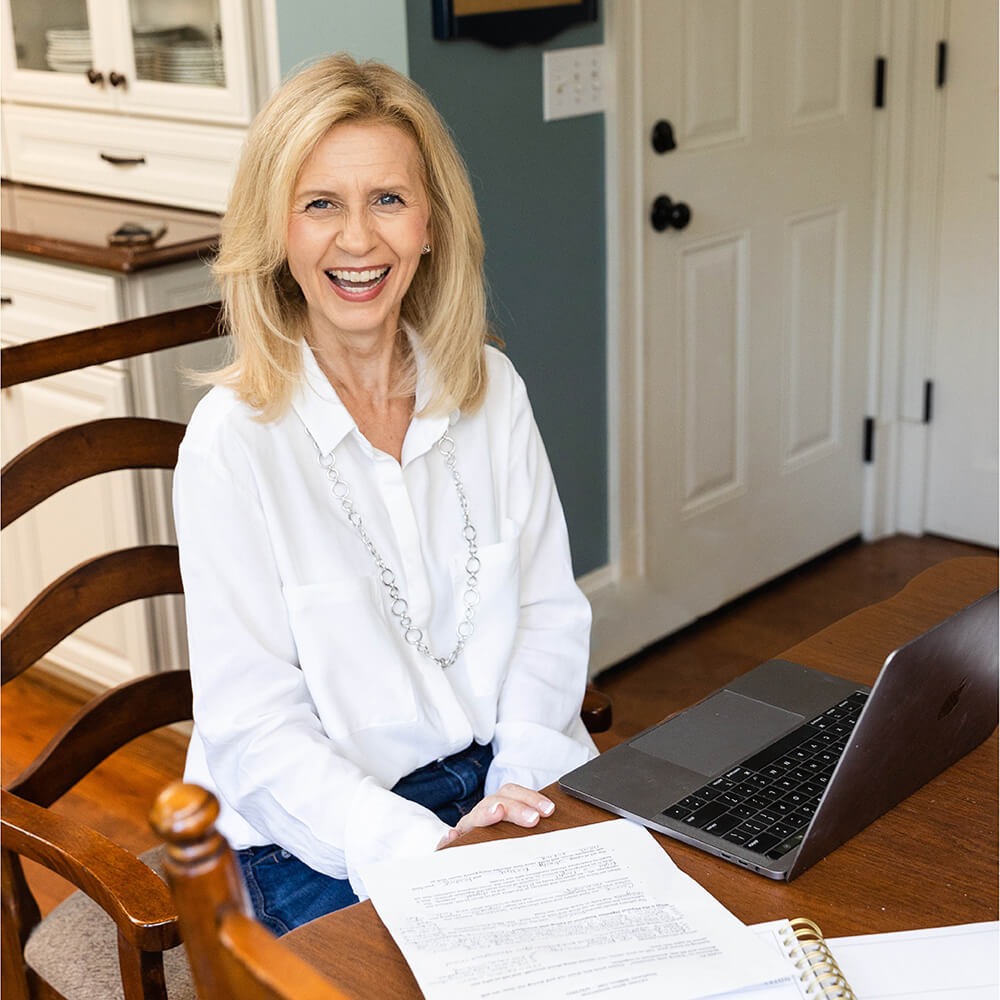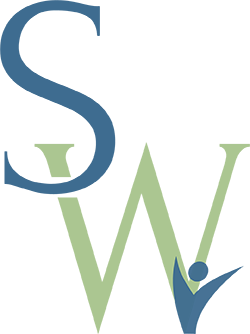Lessons Learned in Care-giving
 In January of ’22, my mother who lives with Parkinson’s disease, fell and fractured her hip at home while trying to fix herself a sandwich in the kitchen.
In January of ’22, my mother who lives with Parkinson’s disease, fell and fractured her hip at home while trying to fix herself a sandwich in the kitchen.
With her disease, we have seen a progressive loss of balance that’s been tough for the whole family. With even the best care that she receives from Dad, her primary caregiver, a turn of the head can result in a fall for Mother.
My Dad, Mom’s hero, was amazing in how he got her to the ER for immediate care and then she was transferred to a larger town for surgery. I came in the following day for her recovery.
While there, we were all cared for in the most amazing way by the people at Christis Mother Francis Hospital and also at the CMF rehabilitation hospital in Tyler, TX. I highly recommend this hospital if you live in East Texas.
During our stay in the Rehabilitation hospital, I learned some important lessons in care-taking. I’ve listed them below:
1. The goal to good caregiving is independence and self management. Let your loved one do everything they can do by themselves. I’ve definitely learned that in order to do this, I need more patience to allow Mom to slowly speak and respond and slowly move physically to maintain independence. The therapists are so patient! As caretakers, we sometimes get into the habit of doing for our loved ones instead of doing the best for our loved ones, which is allowing them to do the most they can do for themselves, which may take longer than we would like, but it truly helps them retain their physical and mental abili for a longer period of time. One example of this is my Mom’s ability to make choices. When I am in a rush, I will answer for her. I have learned that’s it’s okay to experience a long pause because she still has the ability to make good choices for herself. Of course it is not always possible to do depend in on the situation, but more times than not, I can practice this.

2. I learned that even the smallest goal, set by my mother is important. I’m a huge proponent for goal setting. In my profession, I am setting goals continuously with clients. It truly works. One class I teach for the Atlanta Regional Commission, called Chronic Disease Self Management , teaches people with chronic conditions to set SMART goals for themselves. SMART goals have the following criteria for goal setting: S – specific, M – measureable – A-acheivable, R-relavent, and T-time bound. In the rehabilitation hospital, they daily asked my Mom what her goals were.
3. Outside professionals bring new prospective and can encourage more independence and better self management. As a caregiver, we don’t always feel what our loved ones are feeling. It was enlightening to hear from my mother as she answered the therapists and physicians questions. She responded to them differently than she does to Dad and to me. It has made me realize the importance that other people are in the life of my Mother. She loves people and people love her. So, at this point, due to the progression of her disease, her recovery care at home has included physical, occupational and speech therapy to assist and encourage her in different ways to self-manage. As well, for people struggling with Chronic disease it is nice to find ways to get involved more in the community to contribute to society in a positive way, which fulfills every human’s basic need for communication and companionship.
4. Incentives for Seniors to eat more may be needed. Because of my profession as a Nutrition Consultant, I was most interested nutritionally in what the hospital would feed my mother. I was surprised because when I reported to them about my mother’s desire for sweets all the time, I thought they would look alarmed, but they were not concerned in the least. They did say that she needs more protein and vegetables, but that the goal for a senior citizen with Parkinson’s and a hip fracture is different. She needed to maintain weight and to gain strength. The sweetness assisted her to eat more, and was used as an incentive. They were not advocating that she eat junk, but definitely recommended sweet alternatives that contained much needed nutrients she needed. They even brought her a protein filled “ice cream” that she loved and a morning protein shake that had a sweet taste. I think these would be good staple items to keep to assist with weight management and to get protein requirements in.
5. Structure in your own life and in the life of your loved one is necessary and important.
In order to provide good care and to have plenty of time for yourself, a routine is necessary. This is something that the hospital has reminded us of and something that I practice with my clients religiously. A routine gives purpose and helps accomplish personal and professional goals. Without it, a person may become very unfocused, depressed, and not be able to self-manage or manage the responsibility of caring for someone else very well. Without a routine, a caregiver, can become burned out or they can forget to do important things for their person.
A routine for you and the person you are caring for means a morning routine that includes a daily wake up time, plenty of time for grooming, dressing and then a great breakfast. The rest of the day should include an afternoon meal, a to do list, and plenty of brain stimulating activities to fill the day, as well as built in time for rest, if needed. When evening comes, another great meal, time to unwind, and a bedtime ritual to prepare for a great night’s sleep.
During my Mom’s stay at the rehabilitation hospital she has had a regular routine. Dad and I have noticed some changes such as: more energy during the day, no more waking up with nightmares during the evening, and no shaking during the day that normally happens at home when her Parkinson’s medications are not working properly. All of these changes are due to the hospital’s timely adherence to a routine. We are looking forward to continuing her new routine at home and adding some fun, outside weekly activities to it.
The difference between a schedule and a routine is flexibility! We all need flexibility because life happens, right? A detailed schedule is too rigid and will cause stress most of the time, especially in the life of someone living with Chronic Disease or a care-giver who has to leave room for daily setbacks.
The life of a caregiver is a life of sacrifice and can be very rewarding. Utilizing tools can be the difference in burnout and the energy needed to continue good care. Whenever I think about having the energy that my Father needs to continue his job as Mom’s primary care-giver, I think about our example for doing so. Jesus is the ultimate sacrificial care-giver and he never stops. Whenever we run out of strength, He is there to lend us not only His strength, but also His patience and guidance to make it through another day.




